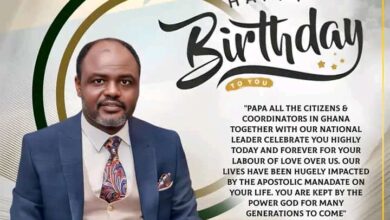Dr Kenneth Kaunda

Proud of our founding father Dr Kenneth Kaunda.
Dr. Kenneth Kaunda: Life and Legacy
Early Life and Education (1924–1950s)
Kenneth David Kaunda was born on April 28, 1924, in Lubwa, Northern Rhodesia (now Zambia). His parents were teachers and missionaries from Malawi, which influenced his strong Christian and moral values. He was educated at Munali Secondary School in Lusaka and later became a teacher himself.
Political Activism and Struggle for Independence (1950s–1964)
In the 1950s, Kaunda became involved in nationalist politics, opposing British colonial rule. He was a founding member of the Northern Rhodesia African National Congress (NRANC) but later broke away to form the Zambia African National Congress (ZANC) in 1958. The British banned ZANC, leading to Kaunda’s imprisonment for several months.
In 1959, after his release, he joined and led the United National Independence Party (UNIP), which became the driving force for Zambia’s independence. Kaunda used nonviolent resistance and civil disobedience to push for freedom.
After years of political struggle, Zambia gained independence on October 24, 1964, with Kaunda as the country’s first President.
Presidency (1964–1991)
1. Social and Economic Policies
- Kaunda promoted a philosophy called “Zambian Humanism,” which blended socialism with traditional African values. It emphasized unity, self-reliance, and community welfare.
- In 1968, he nationalized key industries, including copper mining, to reduce foreign control and increase national wealth. However, when copper prices fell in the 1970s and 1980s, Zambia’s economy suffered.
- He prioritized education and healthcare, establishing free primary education and expanding hospitals and clinics.
2. Foreign Policy and Liberation Struggles
- Kaunda was a strong supporter of liberation movements in Southern Africa.
- He allowed Zambia to become a base for groups like the African National Congress (ANC) of South Africa, SWAPO (Namibia), and ZANU-PF (Zimbabwe).
- He opposed apartheid in South Africa and white minority rule in Rhodesia (now Zimbabwe).
- His stance led to economic and military attacks on Zambia by apartheid South Africa and Rhodesia.
3. One-Party Rule and Decline
- In 1972, Kaunda declared Zambia a one-party state, arguing that multiparty democracy was divisive.
- Over time, opposition grew due to economic struggles, corruption, and authoritarian rule.
- By the late 1980s, Zambia faced economic decline, rising debt, and pressure for political reform.
End of Rule and Later Years (1991–2021)
- In 1991, he allowed multiparty elections, which he lost to Frederick Chiluba of the Movement for Multi-Party Democracy (MMD).
- After stepping down, Kaunda faced political persecution, including a brief arrest and an attempt to revoke his citizenship.
- In later years, he focused on HIV/AIDS awareness, humanitarian work, and promoting peace in Africa.
Death and Legacy
Dr. Kenneth Kaunda passed away on June 17, 2021, at the age of 97. He is remembered as:
- The Father of Zambian Independence
- A Pan-Africanist and supporter of liberation movements
- A leader who prioritized education, healthcare, and unity
- A symbol of peaceful democratic transition in Africa




